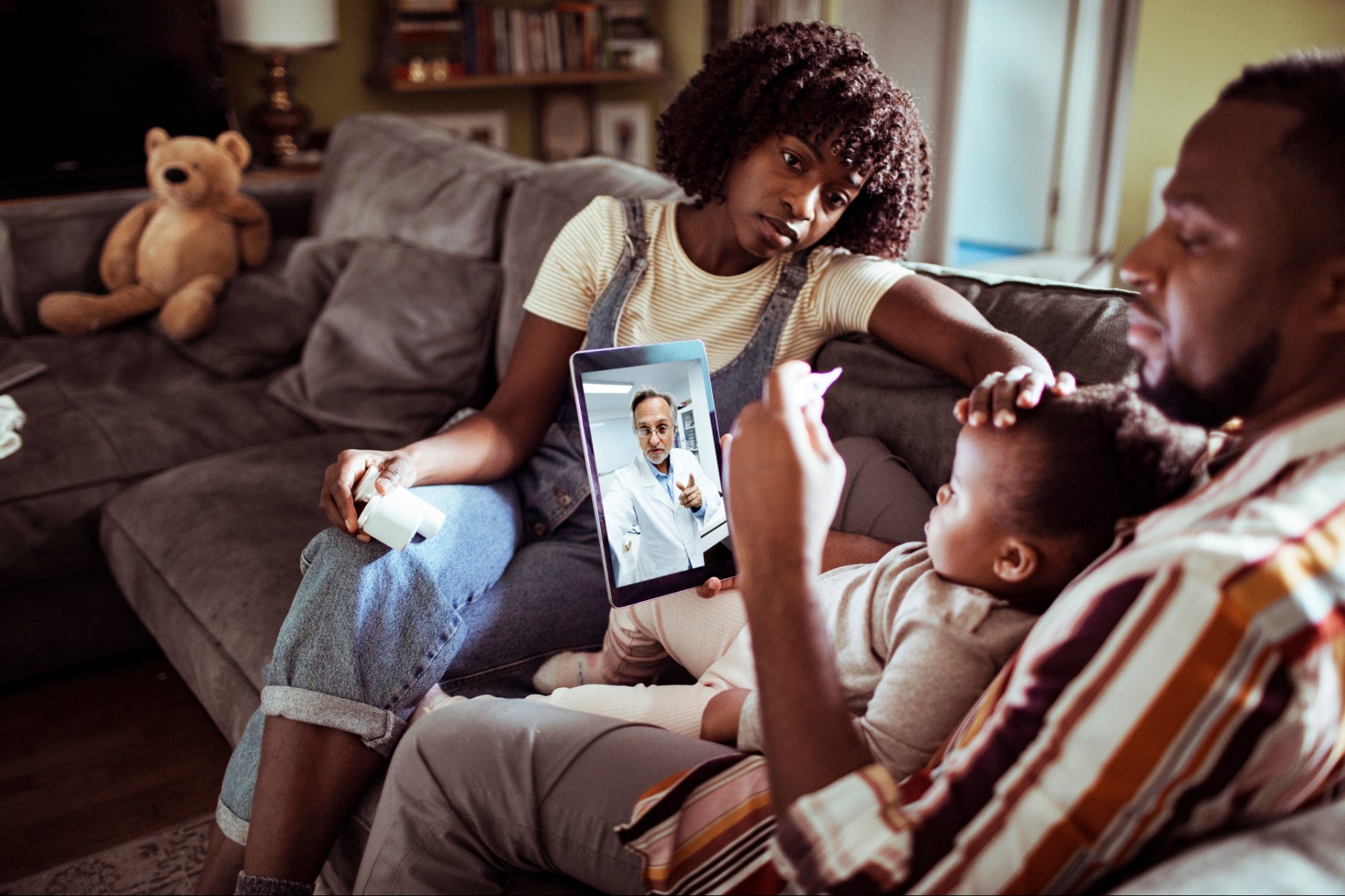
Read more about Tech
Mobile Health Apps
Mobile health apps are one of the most common HealthTech solutions used in maternal and child healthcare. These apps are designed to provide personalized health information, reminders, and access to healthcare services. Mobile health apps can be used to track the progress of pregnancy, monitor the health of the mother and child, and provide educational resources. Examples of popular mobile health apps include MyPregnancy, MomConnect, and MAMA. MyPregnancy, developed by the Nigerian Institute of Medical Research, is a mobile app that provides information on prenatal care, nutrition, and health tips during pregnancy. The app also includes a due date calculator, weight tracker, and a baby kick counter. MomConnect is a mobile health app developed by the South African government that provides maternal and child health information via SMS messages. The app provides information on antenatal care, breastfeeding, immunization, and more. MAMA (Mobile Alliance for Maternal Action) is a global initiative that provides mobile health services to women in developing countries. The MAMA app provides maternal health education, reminders for clinic visits, and emergency services.Telemedicine
Telemedicine is the use of telecommunication technology to provide healthcare services remotely. Telemedicine has become an essential tool in maternal and child healthcare, especially in remote areas where healthcare services are scarce. Telemedicine enables healthcare providers to remotely diagnose and treat patients, monitor their health, and provide follow-up care. It can also be used to provide training and support to healthcare workers in remote areas. Examples of telemedicine solutions in Nigeria include the use of video conferencing to provide consultations and remote monitoring of patients with chronic conditions such as diabetes and hypertension.Sign up for the Connect Nigeria daily newsletter
Electronic Medical Records
Electronic Medical Records (EMRs) are digital versions of paper-based medical records. EMRs provide healthcare providers with access to patient’s medical histories, diagnoses, test results, and treatment plans. EMRs can help healthcare providers to improve patient care by providing them with accurate and up-to-date information on the patient’s health status. EMRs can also be used to identify patients who are at risk of developing complications and to monitor the effectiveness of treatment. Examples of EMR solutions in Nigeria include the Nigerian Electronic Health Record System (NEHRS) and the Health Information System Programme (HISP).Wearable Devices
Wearable devices are becoming increasingly popular in maternal and child healthcare. These devices can be used to monitor the health of the mother and child, track their progress, and provide alerts when there is a problem. Wearable devices can be used to monitor vital signs, such as heart rate and blood pressure, and to track the movements of the fetus. Examples of wearable devices include fetal heart rate monitors, blood pressure monitors, and glucose monitors.Medical Drones
Medical drones are unmanned aerial vehicles that can be used to transport medical supplies, such as drugs, vaccines, and blood, to remote areas. Medical drones can be used to provide emergency medical supplies to pregnant women and children in remote areas. Medical drones can also be used to transport diagnostic samples, such as blood samples and tissue samples, to testing centres in urban areas. Examples of medical drone solutions in Nigeria include the Zipline medical drone delivery service.Register to attend the CN Business Mixer
Final Thoughts
In conclusion, HealthTech innovations are revolutionizing maternal and child healthcare in Nigeria. The solutions discussed above are just a few examples of the innovative technologies that are being developed to address the challenges facing the Nigerian healthcare system. With continued investment and support, these technologies have the potential to significantly improve access to healthcare and reduce maternal and child mortality rates in Nigeria. Featured Image Source: EntrepreneurGot a suggestion? Contact us: editor@connectnigeria.com
You might also like:
- Top 15 Tech Skills Every Nigerian Professional Must Have in 2024
- How to Streamline Your Business Operations Using Tech
- How to Develop Healthy Eating Habits
- The Growth of Tech Hubs in Nigeria











I was interested in learning how technological advancements can benefit both new mothers and their babies while assisting them on their parenthood journey.
Visit here https://theorangesolar.com/roofing/ Roofing Services in Woodland CA